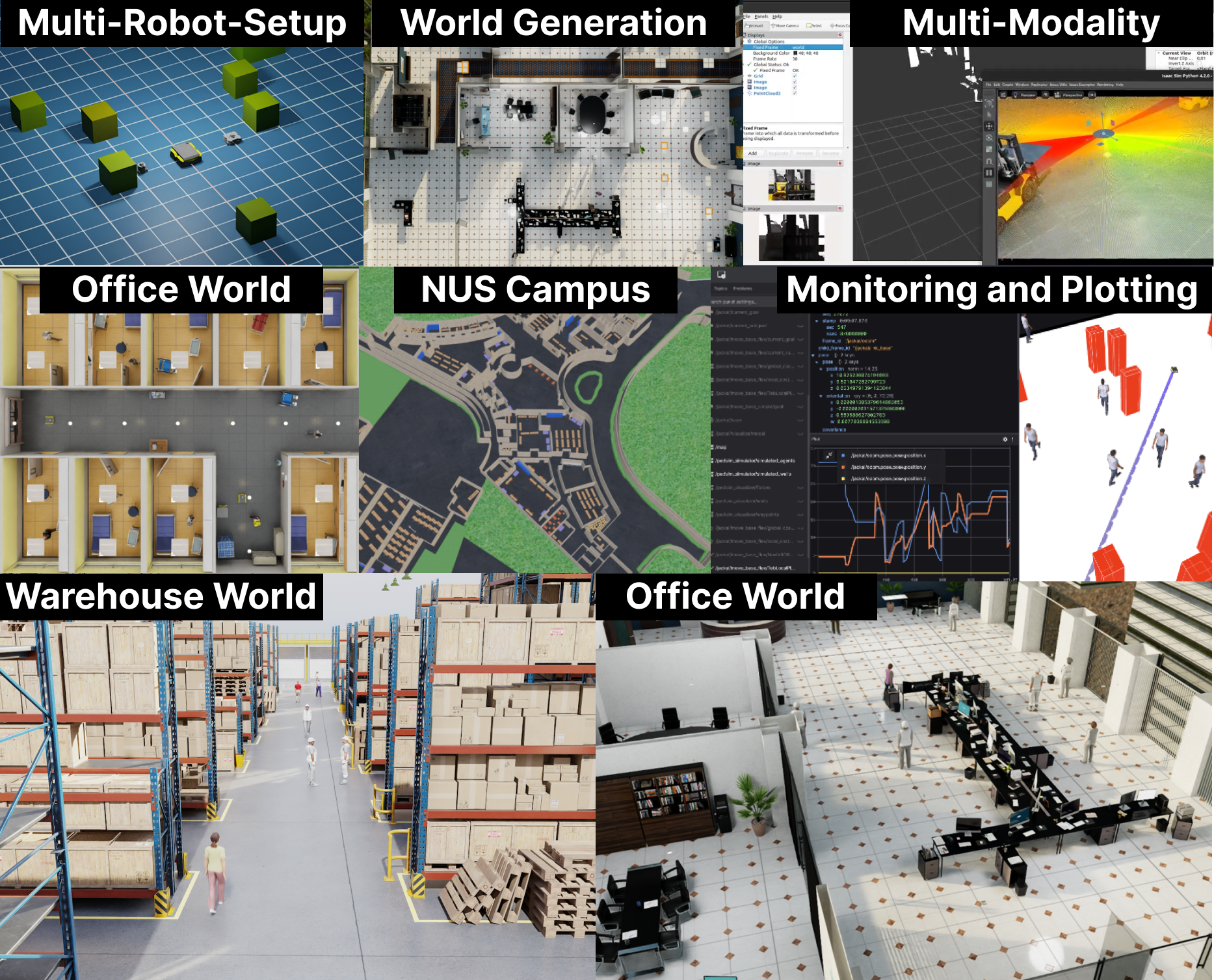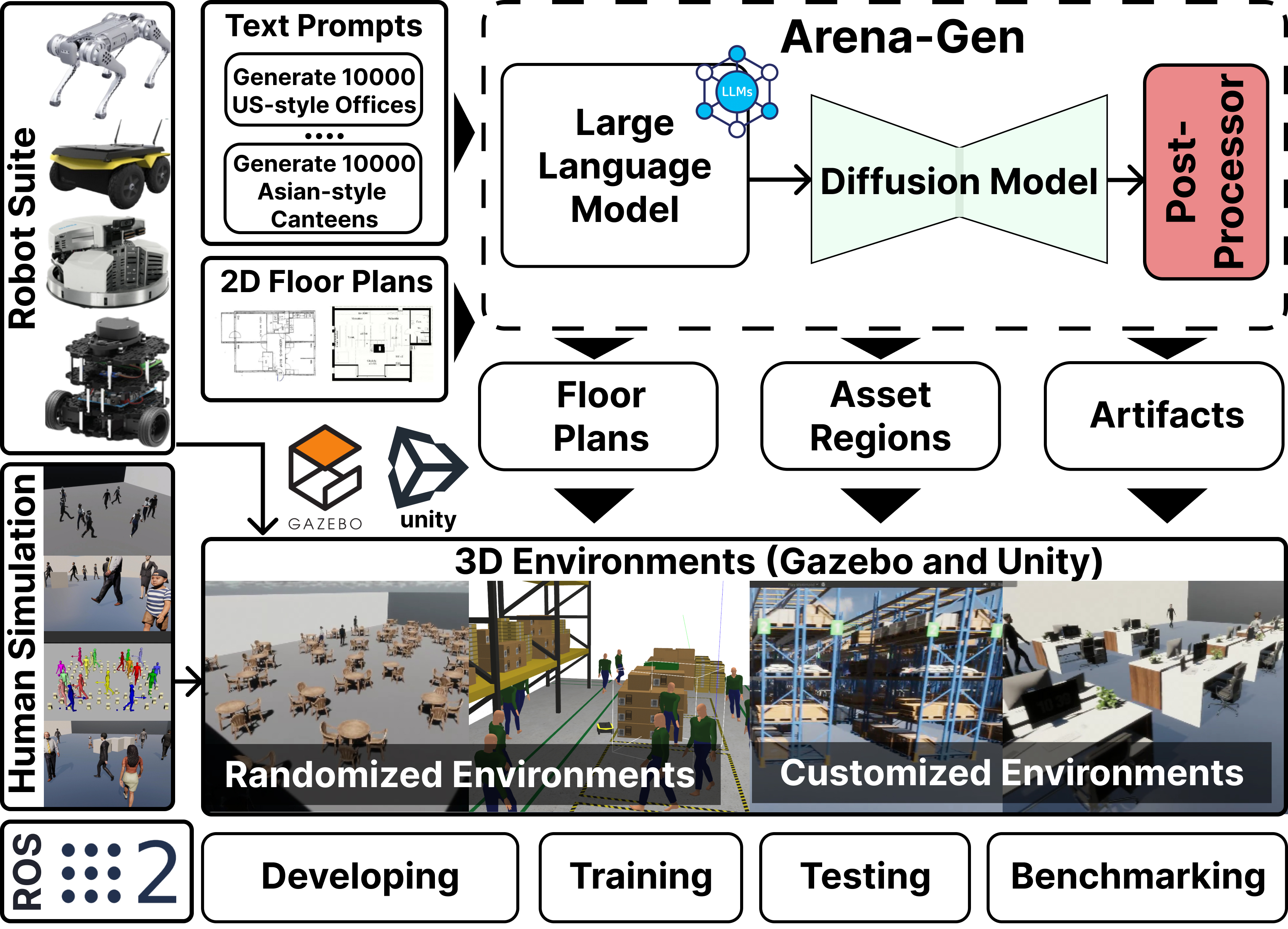Trust is essential for human-robot collaboration and user adoption of autonomous systems, such as robot assistants. This paper introduces a computational model which integrates trust into robot decision-making. Specifically, we learn from data a partially observable Markov decision process (POMDP) with human trust as a latent variable. The trust-POMDP model provides a principled approach for the robot to (i) infer the trust of a human teammate through interaction, (ii) reason about the effect of its own actions on human behaviors, and (iii) choose actions that maximize team performance over the long term. We validated the model through human subject experiments on a table-clearing task in simulation (201 participants) and with a real robot (20 participants). The results show that the trust-POMDP improves human-robot team performance in this task. They further suggest that maximizing trust in itself may not improve team performance.
Citation
Consider citing our paper if you build upon our results and ideas.
@inproceedings{chen2018planning,
title={Planning with trust for human-robot collaboration},
author={Chen, Min and Nikolaidis, Stefanos and Soh, Harold and Hsu, David and Srinivasa, Siddhartha},
booktitle={Proceedings of the 2018 ACM/IEEE international conference on human-robot interaction},
pages={307--315},
year={2018}
}





